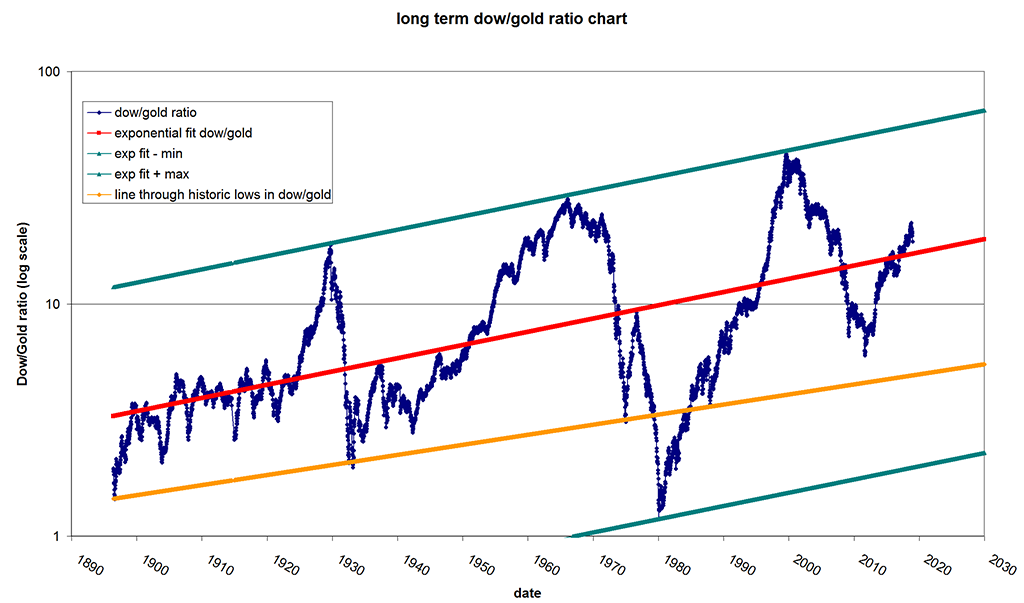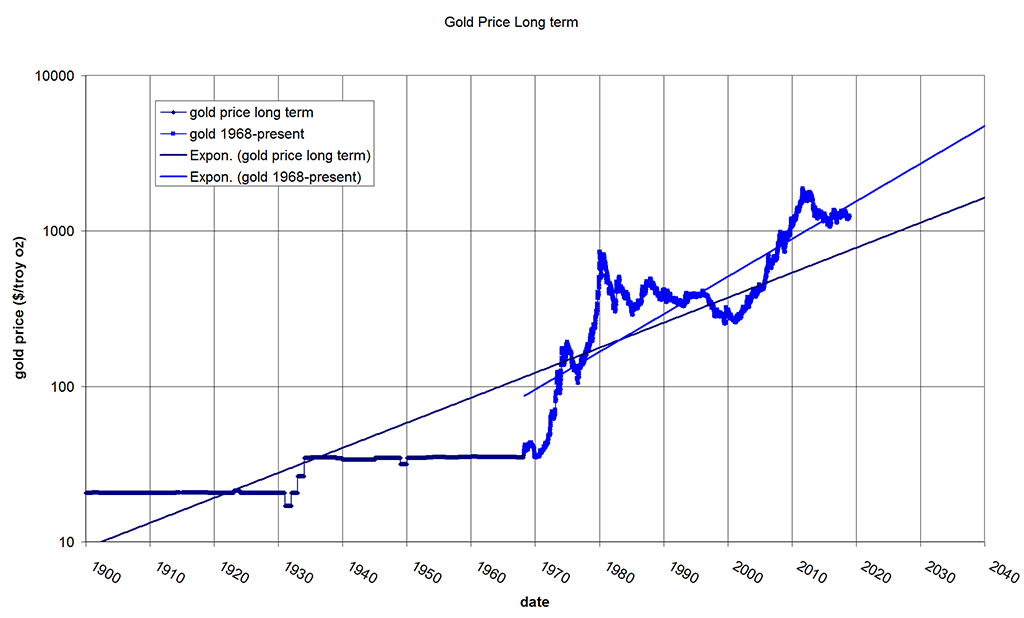Re: EJís Secret Message
Lord_Keynes,
I had a lot of trouble sifting through all the fallacies in your General Theory. Luckily a book has been written, called The Failure of the New Economics by Henry Hazlitt, which is a line-by-line commentary and refutation of the General Theory:
https://www.amazon.com/Failure-New-E.../dp/1388181126
Available for free:
https://mises.org/library/failure-new-economics-0
It was first published 13 years after your death, so you might've missed it. Check it out.
P.S. You're long dead while we are living in your long run.
Thanks for the laughs.
Lord_Keynes,
I had a lot of trouble sifting through all the fallacies in your General Theory. Luckily a book has been written, called The Failure of the New Economics by Henry Hazlitt, which is a line-by-line commentary and refutation of the General Theory:
https://www.amazon.com/Failure-New-E.../dp/1388181126
Available for free:
https://mises.org/library/failure-new-economics-0
It was first published 13 years after your death, so you might've missed it. Check it out.
P.S. You're long dead while we are living in your long run.
Thanks for the laughs.


 ....can we get a clean up on aisle 7?
....can we get a clean up on aisle 7?
Comment